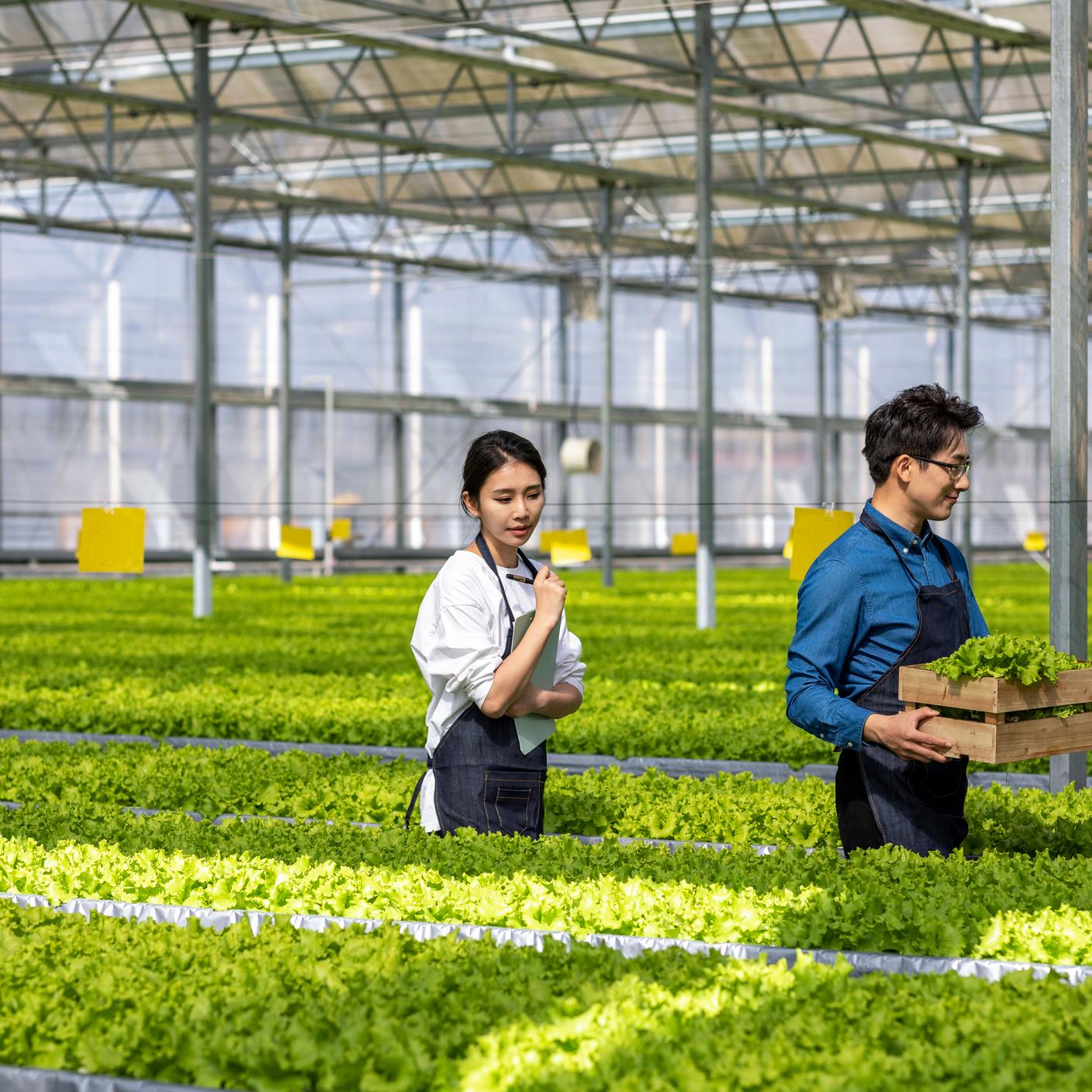When an organization makes people believe they're doing more to protect the environment than is true, it's known as greenwashing. And, in the food and drink sector, greenwashing is rife.
For some organizations, greenwashing might relate to exaggerated or unsubstantiated claims about the 'green' credentials of their products. For others, packaging may be labelled as 'compostable', 'biodegradable' or 'ethically sourced' without any evidence to back it up. Another example might be announcing goals to reduce emissions without having a concrete plan to carry them out.
Organizations may want to make products appear more appealing to conscious consumers and may also be aiming to take action, but this lack of transparency and honesty over their green credentials is bringing lawsuits, prosecutions and consumer backlash. Ultimately, this could have a negative impact on climate change, rather than the positive one the world needs.
The extent of greenwashing in the sector
According to a large survey into greenwashing in the food and drink sector, carried out by Changing Markets, over 80% of all 53 claims found through their investigation were related to climate. More than half of those explicitly relied on offsetting, while the rest focused on reducing emissions in small, select parts of their supply chain, such as transport.
To address greenwashing in the industry, and make transparency the norm, organizations can look at reducing, rather than offsetting, emissions at source. The Changing Markets survey cites Provamel - an organic, plant-based company that sells non-dairy milk and yoghurts - as a great example of having a company sustainability statement that's better than most.
The outlook for the future
Businesses making claims about environmental stewardship can expect to face closer scrutiny. An example of this increasing scrutiny is the UK Competition and Markets Authority, which has already launched a probe into the labelling of food products.
As global regulators crack down on greenwashing, organizations that have the evidence to back up the claims they make will be well placed to stay ahead, retain consumer confidence and make a positive impact on the climate.
Three ways to swap greenwashing for genuine transparency
To promote transparency and avoid greenwashing, there are several things that your organization can focus on.
1. Cross-team collaboration
When leaders in food safety and quality work closely with marketing and PR teams, it can be easier to spot any claims made on labels or packaging and make sure there's evidence to back them up. Vague language like "eco-friendly", "sustainable" or "natural" can be misleading to consumers when presented without clear, transparent evidence.
Companies that substantiate green claims with the same processes they would use for food safety are taking a smart approach.
2. Trustworthy standards
From environmental risk management to reducing greenhouse gas (GHG) emissions throughout the supply chain, BSI offers a variety of certifications and standards. These provide independent verification and objective evidence that claims are accurate.
By partnering with a trusted third party, organizations will gain access to scientific studies and life-cycle assessments, providing the evidence and data they need for real transparency.
3. Showing the detail
When creating a strategy around environmental impact or net zero goals for 2030 or 2050, organizations that show transparency with detailed information on how those plans will be executed - who made their product, under what conditions and using what standards - will be well placed to avoid the risk of greenwashing.
Every organization has a responsibility to accelerate progress towards a sustainable world and have a positive impact on society.
With integrity, collaboration, the right standards, and evidence to back up action, there is the opportunity to make greenwashing a thing of the past.




